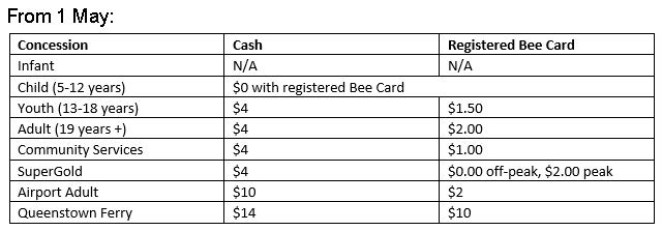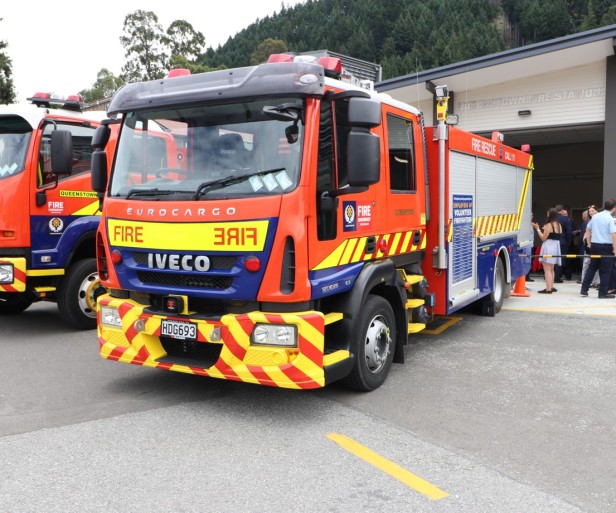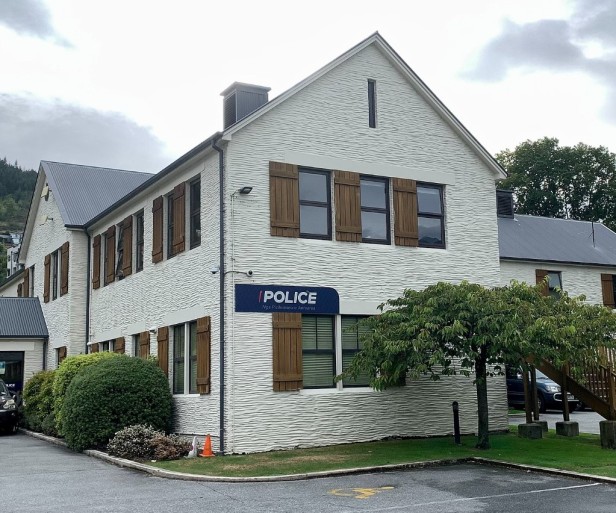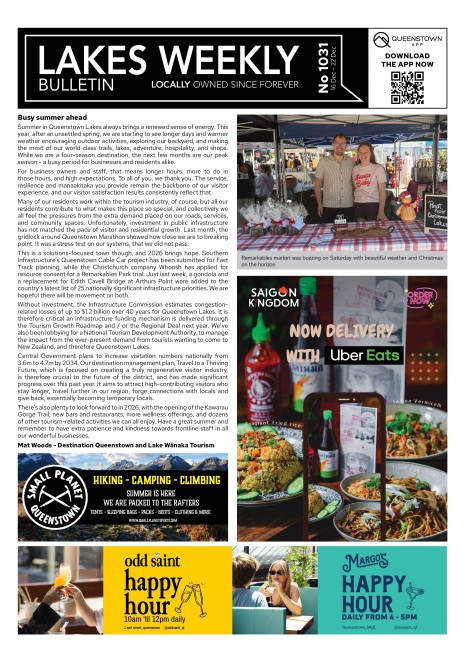Teens to 24 bus fare increase – Register your Bee Card

Bus fares increase for teenagers through to 24-year-olds from today (1 May) amid concerns that many high school students rely on the public bus system to get to and from school.
Half price fares for those aged five to 24 ended yesterday (30 April) due to the government’s decision to remove funding for bus subsidies that had been in place since July 2023. Its Community Connect fare subsidies had been providing free or cheaper fares for five to 24-year-olds.
Otago Regional Council manager transport Lorraine Cheyne says the council considered the financial burden that would result from continuing to fund the subsidies out of targeted rates. It was decided that ORC would only provide free fares for under 13-year-olds travelling with a registered discount Bee Card from 1 May and all other existing fare charges would apply. Half price fares for Community Service Card holders and Total Mobility service users remain.
Queenstown-based regional councillor Alexa Forbes says she’s concerned that high school aged students will now have to pay for their bus rides. “This to me is unfair when students in other areas are provided with a Ministry of Education (school bus) service,” Forbes says. “I am also worried that there’s no long-term security on the cost of fares for primary aged students.”
High school students shouldn’t have to take cars to school or be taken in cars with roads becoming increasingly difficult in all areas, Forbes says. “The public bus service is there. It’s poor that we’re expecting kids to pay. They shouldn’t have to.”
“The roads are not going to get any easier and at least on the bus you can engage in other activities during your commute whether to school or work.” Like most locals, she’s expecting the traffic situation to be dreadful with the BP Roundabout reconstruction underway for the next four years.
“We need to look at alternative transportation as the options we have are not that good yet,” she says. Not all bike and walk trails are up to 100% safety standards, but to get those improved services people need to use what’s available now so they can be funded. “People can assist so that we can create an upgraded system,” Forbes says.
“Use the buses. The service is increasingly reliable and is generally good,” she says.
People should also expect to pay when councils ask them to in their rates. That all enables the provision of better networks and services.
When ORC considered funding the extra amount itself earlier this year it was partially accepted. “We agreed to fund free fares for under 13-year-olds, but not others, because of the cost to ratepayers.” The matter sparked quite a debate. A bid by Forbes and another councillor to retain half price bus fares until the end of June at a cost of $84,000 didn’t receive the backing, the council instead voting to retain free bus fares for five to 12-year-olds at its own cost and half price fares for Community Services card holders. All other passengers now go back to the pre-half bus fare prices.
Cheyne says patronage on the Queenstown bus network was significantly higher in the first three quarters of 2023/24 than it was for the first three quarters of 2022/23. Fare price is only one factor that influences peoples’ choice to take public transport, she says. “ORC continues to work with the NZUP Alliance to promote bus priority through and around the upcoming roadworks to afford public transport the highest convenience of road users during that period.”










